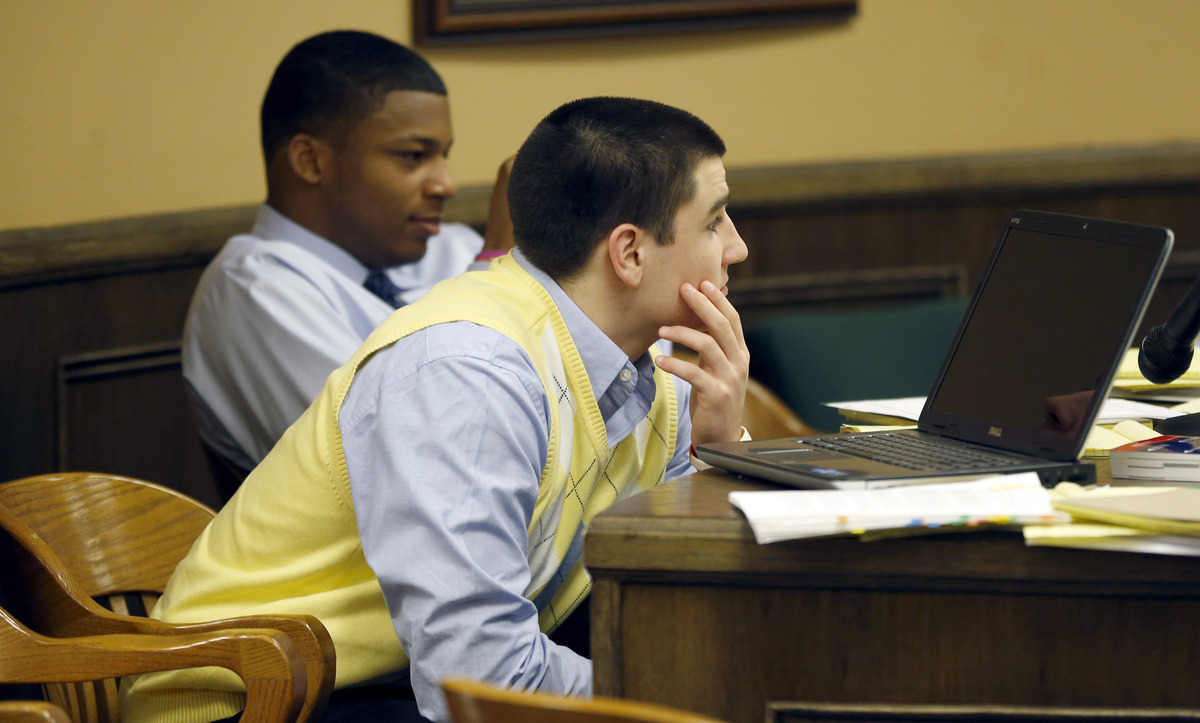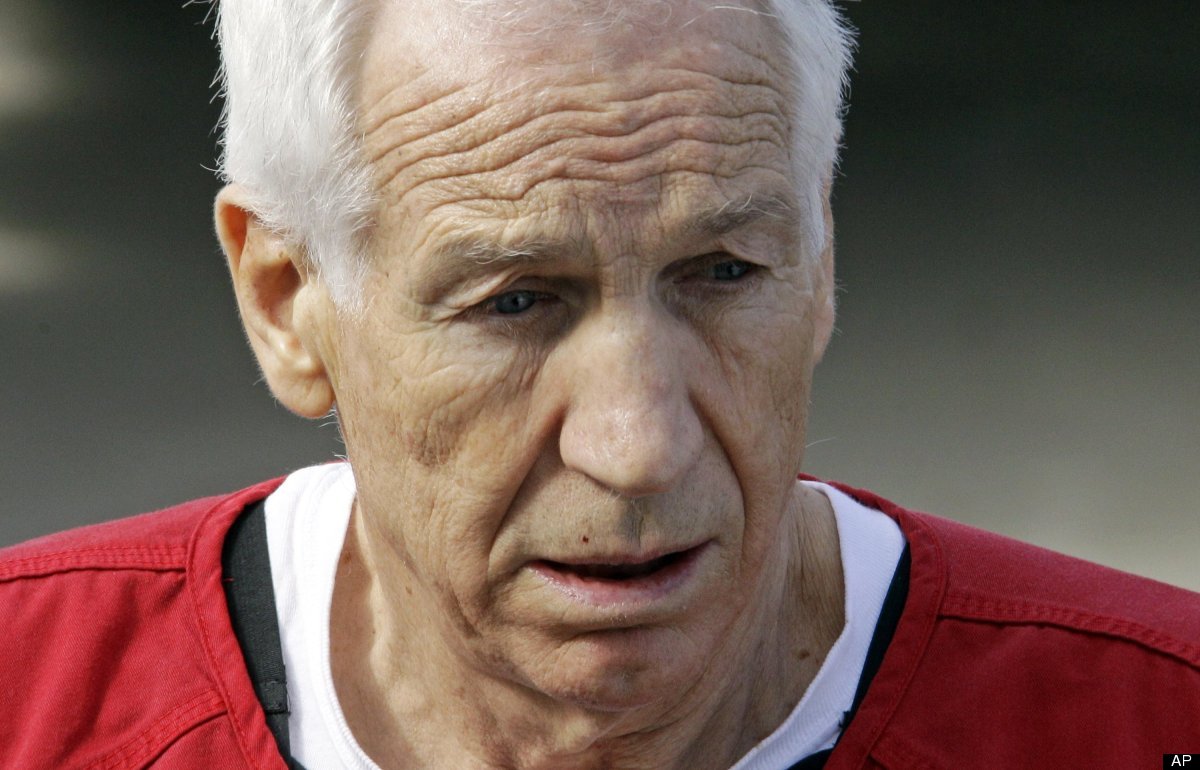 |
| Image Courtesy of David Castillo Dominici/Freedigitalphotos.net |
Some of them, and maybe even some of you, think they might have been sexually abused or assaulted in the past, but don't know for sure.
This is a touchy but important concern. It's touchy, because the reputation of a person or people stands on the testament of an experience a survivor cannot say for sure has happened. But it's also important, because it's very possible that something abusive did happen to a person that they are unable, for very legitimate reasons, to remember.
For example, a survivor may have been very young when the alleged abuse occurred. They may have flashes of memory, body memory, or uncomfortable feelings around a certain person, but not a specific recall of an abusive circumstance.
It's also possible for survivors to subconsciously block out abuse that is too painful to remember. This is one of the more controversial circumstances of lost memories, as humans are highly suggestible creatures and it has been proven that it is possible to implant false memories in another person through suggestion. This doesn't mean that every case of blocked memory is false, but it does make it harder to know even for yourself.
Finally, a survivor may have been under the influence of a date-rape drug or substance intoxication, and the effects of these chemicals have erased or altered the events in their memory.
However it happens, being unable to remember clearly - and therefore, unable to prove or disprove the feeling that something bad happened - can be maddening to experience.
 |
| Image courtesy of renjith krishnan/freedigitalphotos.net |
It seems there is no solution. Unless someone else was a witness, you have no way of knowing the truth. And that can make you feel helpless, angry, and unsure of who to trust.
Well, I can't tell you for sure whether or not something happened to you. If you, your therapist, and your law enforcement officer feel it is appropriate, by all means, investigate the situation to the best of your ability. But when you don't want to do that, or the search doesn't turn up what you want it to, there are other ways to reclaim your power and control.
Sit down and put together a "case" for and against the situation. One approach is to objectively look at the evidence, even if it's just for yourself. You may also invite a trusted friend or family member to help you look at what you know. Your decision, for or against what happened, may not hold up in a court of law, but it can give you a sense of peace.
Ask yourself, "What would it change?" If it was true, and if it was not true? Is it possible you might be afraid of one outcome or the other, and that is affecting how you look at the past? And, if it wouldn't change anything, do you really need to know?
Decide what YOU think and what that means for you. Saying it did happen, it didn't happen or you don't know are equally acceptable choices. The point is to take your power back by choosing one of these choices to be true until faced with further evidence to the contrary. This is distinguished from denial, which is a coping mechanism to avoid facing an unwelcome truth. You only truly regain control when you have thoroughly confronted all options and chosen to move ahead based on your own will.
 |
| Image Courtesy of markuso/FreeDigitalPhotos.net |
It is important that you know that none of these choices have legal implications...but they're not meant to. This isn't about deciding what happened for the point of justice, though that is also important. Instead, it's about finding peace and learning to set aside an old issue.
Perhaps more importantly, it's about learning to trust yourself again.























